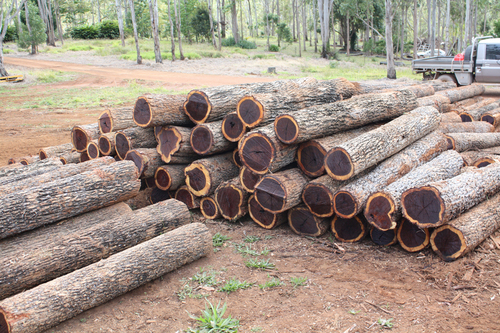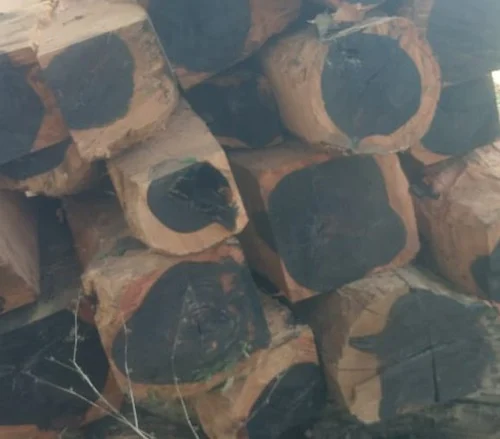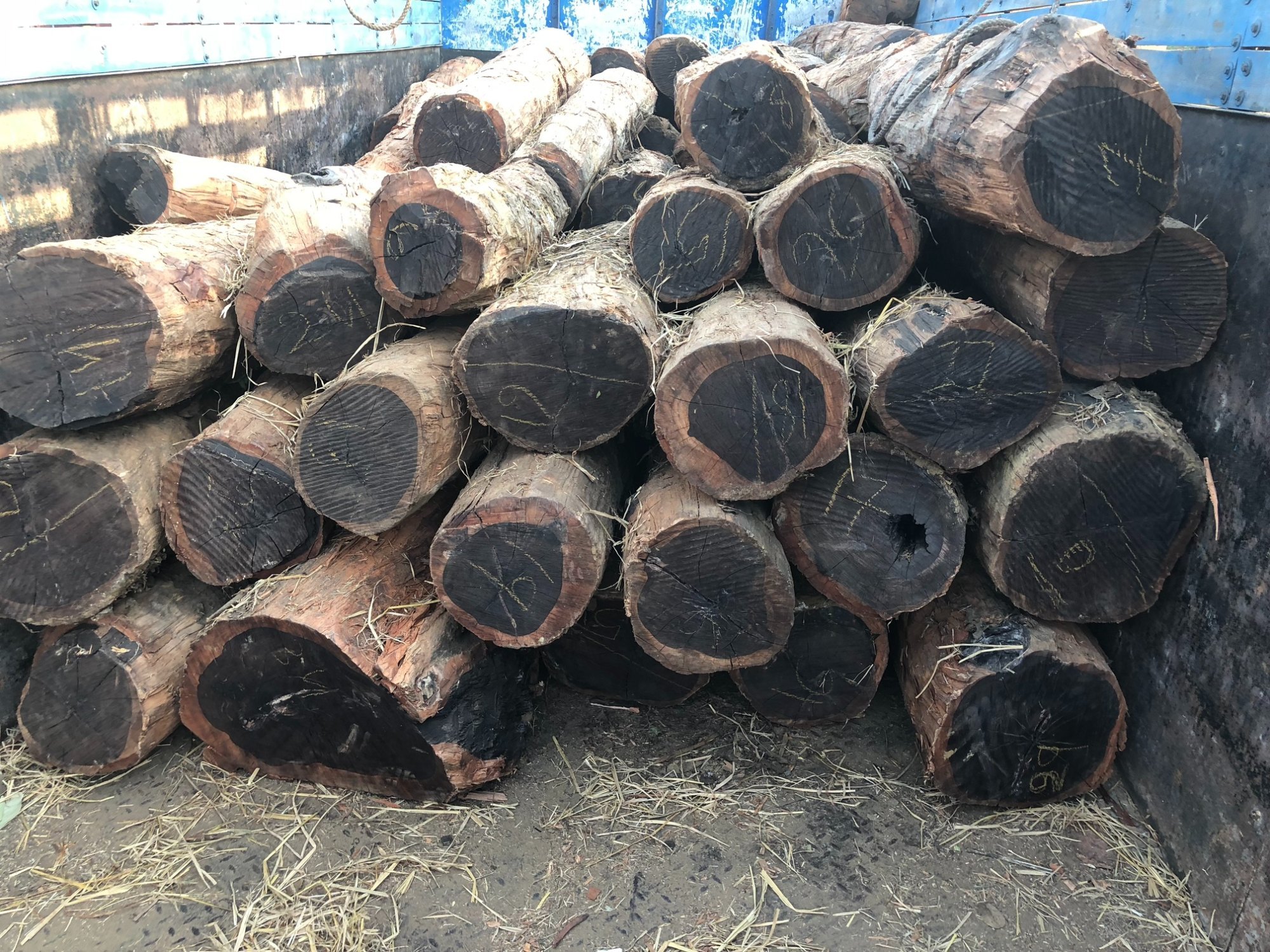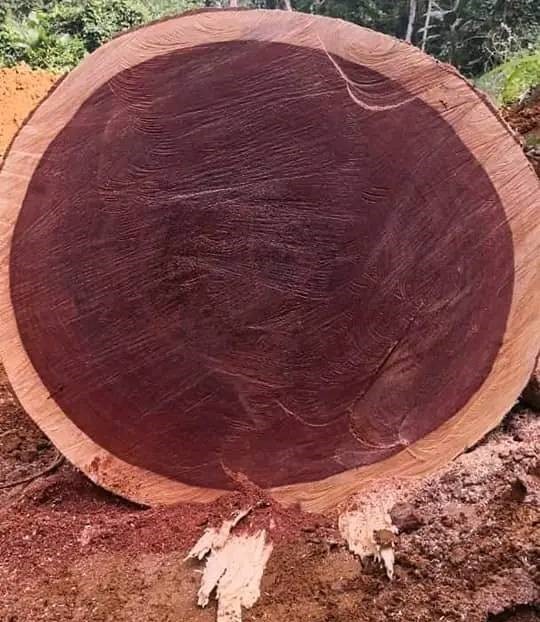Buy Ebony Wood Logs for Sale: A Comprehensive Guide
Buy ebony wood logs for sale, ebony wood known for its rich, dark color, dense grain, and impressive durability, is a prized material used in various industries, including furniture making, musical instrument crafting, and intricate carvings. For centuries, this rare and highly sought-after wood has captivated woodworkers, artists, and designers alike. Whether you’re a craftsman looking for quality materials or a collector interested in acquiring a piece of history, understanding how to buy ebony wood logs can help you make an informed decision.
What is Ebony Wood?
Ebony wood comes from a variety of tree species in the Diospyros genus, with Diospyros crassiflora (African Ebony) and Diospyros ebenum (Indian Ebony) being the most well-known and widely used. This hardwood is prized for its deep black color, which is often jet black or dark brown with dark streaks. Ebony wood is dense, heavy, and often polished to a smooth, glossy finish.
The wood has historically been used in fine furniture, flooring, and high-end crafts. Its unique properties, such as strength, smoothness, and resistance to moisture, also make it a favorite for making musical instruments like piano keys and guitar fingerboards.
Why is Ebony Wood Expensive?
Ebony wood is expensive due to several factors:
-
Rarity: Ebony trees grow slowly and produce a limited amount of usable wood, making them relatively rare. Overharvesting and deforestation have further endangered these trees, which has led to stricter regulations and conservation efforts.
-
Slow Growth: It can take decades for an ebony tree to mature enough to produce usable timber, further contributing to its scarcity.
-
High Demand: Ebony’s deep black color, smooth texture, and durability make it highly sought after in both the luxury furniture market and the musical instrument industry. Its limited availability compared to other woods only adds to its premium pricing.
What to Consider Before Buying Ebony Wood Logs?
When purchasing ebony wood logs, there are a few key considerations to ensure you’re getting quality material:
-
Source and Legality: It’s essential to ensure that the wood you’re purchasing is sourced sustainably. Many species of ebony are listed under international regulations like CITES (Convention on International Trade in Endangered Species), so buying from certified and reputable sellers ensures you’re not contributing to illegal logging practices.
-
Grade of Wood: Ebony wood is graded based on its color, grain pattern, and texture. Higher grades will have more consistent coloring and fewer imperfections, making them ideal for fine woodworking and artistic projects.
-
Condition of the Logs: Fresh ebony logs may be more expensive and harder to work with compared to well-dried, seasoned wood. Consider whether you need green (freshly cut) logs or air-dried (seasoned) logs, which are generally easier to handle.
-
Purpose of Purchase: Determine whether you’re buying ebony logs for commercial purposes, crafting, or personal collection. Some suppliers may offer smaller quantities for artisans, while others may cater to larger-scale projects.
Where to Buy Ebony Wood Logs?
There are various sources where you can buy ebony wood logs:
-
Specialty Wood Suppliers: Many woodworking supply stores, particularly those that specialize in exotic woods, offer ebony wood logs for sale. These can be found both online and in physical locations. Ensure they provide certification or a guarantee of sustainability.
-
Online Marketplaces: Several online platforms like Etsy, eBay, and Amazon feature vendors selling ebony wood logs. When purchasing online, check reviews and ratings to ensure the legitimacy of the seller.
-
Lumber Mills and Sawmills: Some lumber mills specialize in exotic woods, including ebony. They might sell both rough-cut logs and finished lumber, offering a range of sizes and cuts depending on your needs.
-
Custom Wood Suppliers: If you’re looking for a specific cut or size of ebony, some suppliers can custom-cut logs to your specifications. This is especially useful for larger projects or specialized items like musical instruments.
FAQ Section
1. Is it legal to buy ebony wood logs?
Yes, it is legal to buy ebony wood logs, but the wood must be sourced from reputable suppliers who comply with national and international laws regarding endangered species and illegal logging practices. Always look for sellers who offer certification and proof of legal sourcing, particularly those adhering to CITES regulations.
2. How can I tell if the ebony wood is genuine?
Genuine ebony is dense, heavy, and has a deep, consistent black or dark brown color. It also has a smooth, fine texture. You can check for authenticity by reviewing the supplier’s credentials, sourcing practices, and customer reviews.
3. What are the common uses for ebony wood logs?
Ebony wood logs are commonly used for fine furniture, musical instruments (like piano keys, guitar fingerboards, and oboe reeds), decorative items, inlays, carvings, and turnery. Its unique properties make it a desirable material for high-end, luxurious projects.
4. How much does ebony wood cost?
The cost of ebony wood can vary greatly depending on its grade, size, and source. Typically, high-quality ebony can cost anywhere from $100 to $500 per board foot or more, with logs fetching even higher prices due to their rarity. Always compare prices and quality before purchasing.
5. Can I buy ebony wood logs in bulk?
Yes, many suppliers offer bulk buying options for ebony wood, especially for businesses or large-scale projects. Bulk purchases might also offer price discounts, but be sure to assess the quality and legality of the wood before committing to a large order.
6. Is there a difference between African and Indian ebony wood?
Yes, there are differences between African and Indian ebony. African ebony (Diospyros crassiflora) is typically darker and heavier, while Indian ebony (Diospyros ebenum) has a lighter color and is slightly less dense. Both are used for similar applications, but African ebony is often considered superior due to its darker color and denser grain.
7. How do I care for ebony wood once I have it?
Ebony is a durable wood but can be prone to drying out and cracking if not properly cared for. To maintain its rich color and texture, keep it out of direct sunlight, regularly oil the surface, and store it in a controlled environment to avoid excessive moisture loss.
8. What alternatives to ebony wood are there?
If you are unable to source ebony wood or need a more affordable option, consider alternatives like rosewood, walnut, or blackwood, which share similar properties in terms of color, grain, and durability.




Reviews
There are no reviews yet.